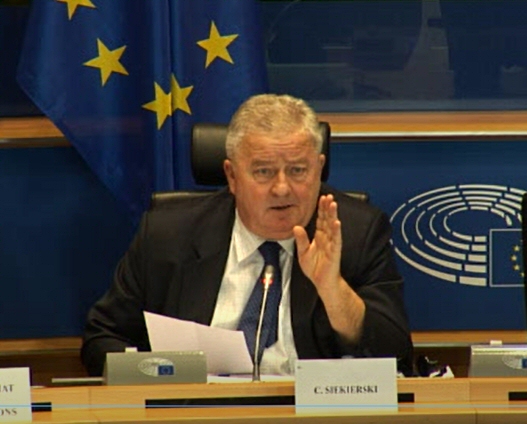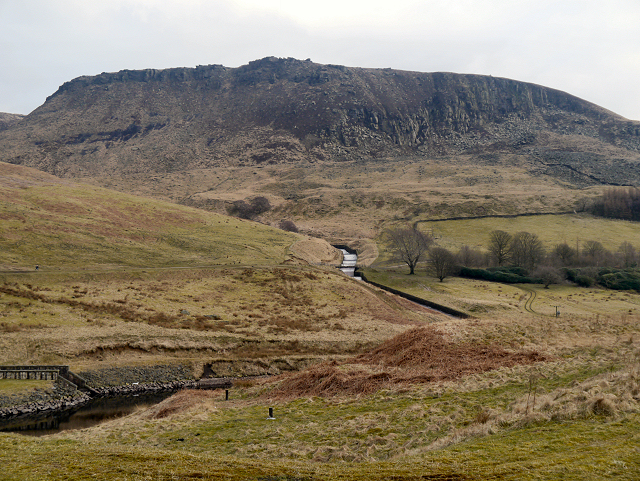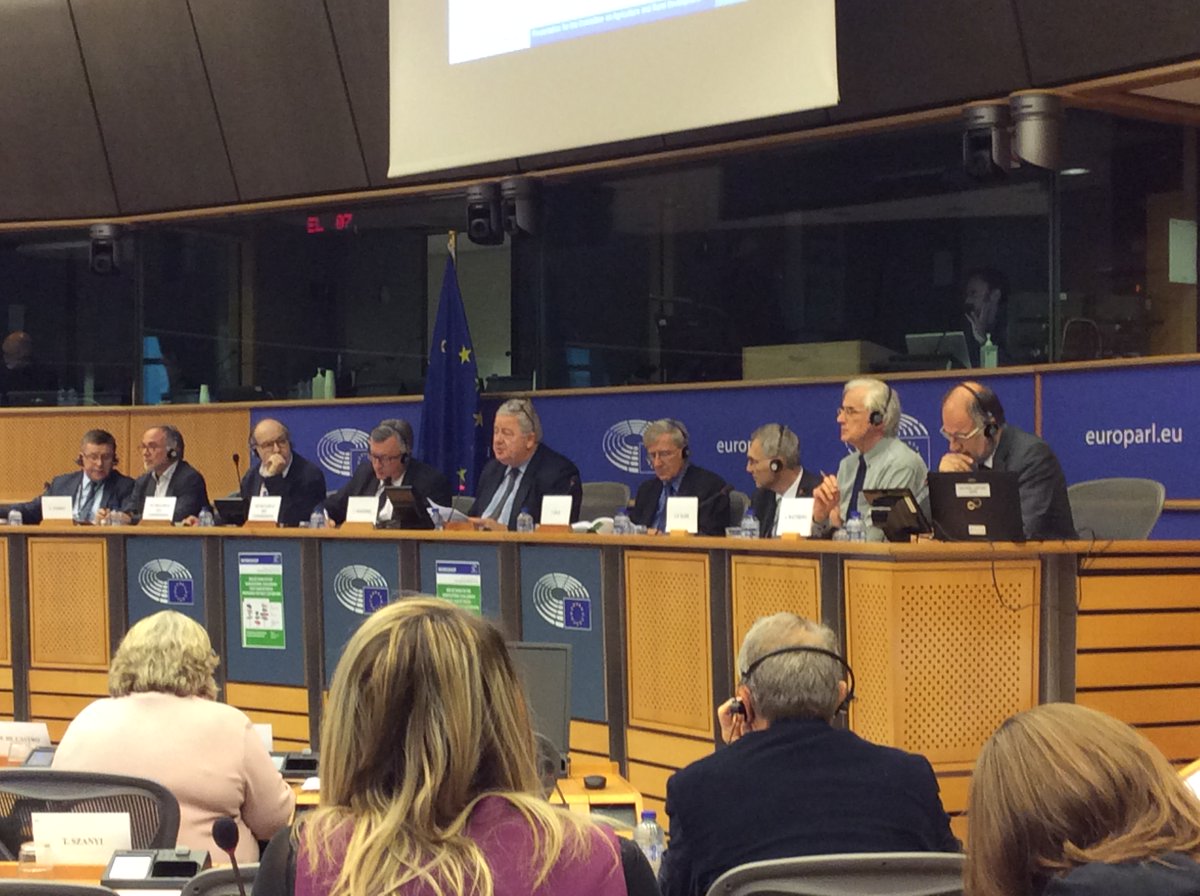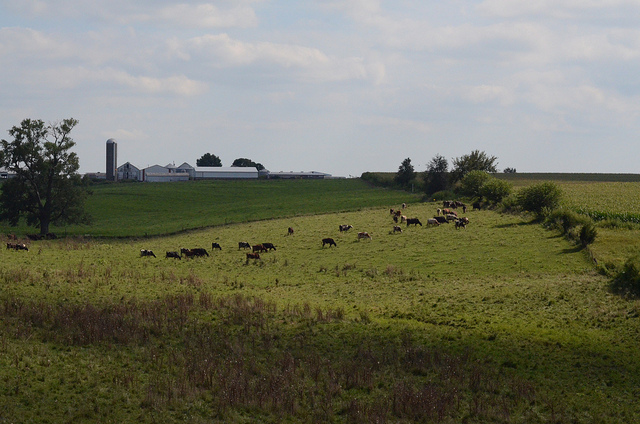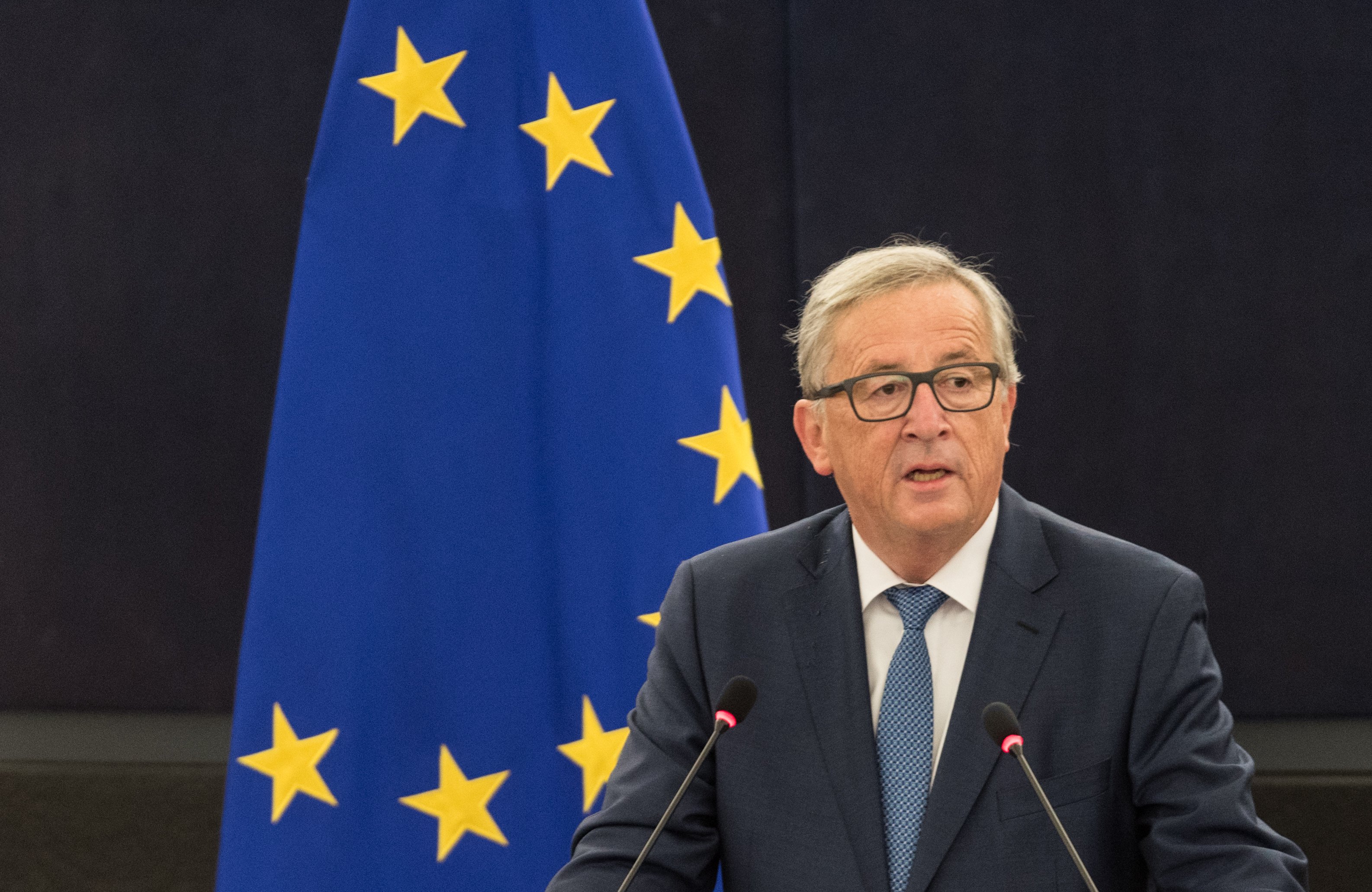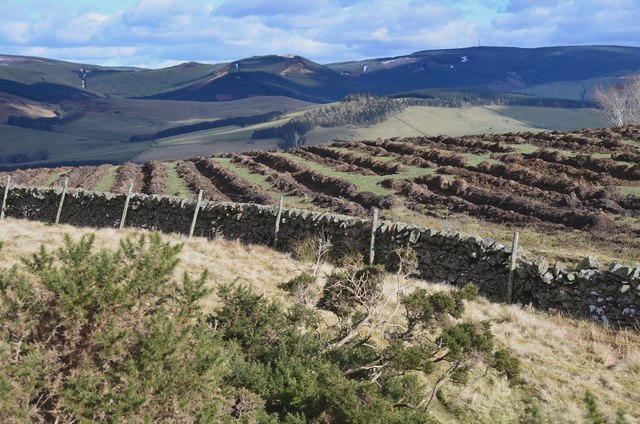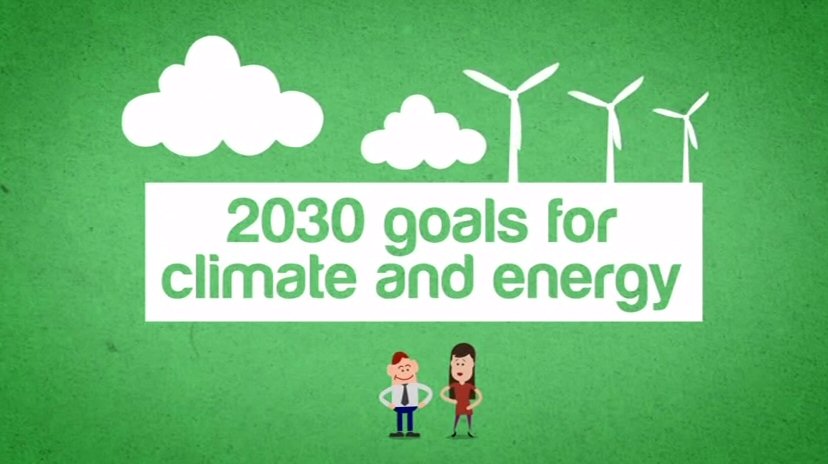On 5 December last, COMAGRI had a first exchange of views on the so-called “Omnibus” proposal for a Regulation on the financial rules applicable to the general budget of the Union and amending a number of sectoral regulations. In my previous post, I flagged that this legislation provided the first opportunity to make changes to the CAP basic acts since the 2013 CAP reform was concluded.
It was thus interesting to listen to the mood of the Committee as the co-rapporteurs for the opinion, Albert Dess (EPP) and Paolo De Castro (S&D) introduced the discussion (a video of the discussion can be viewed here, beginning at 16:07).… Read the rest
Triggering the next revisions of the CAP
I have long puzzled over the timeline, processes and trigger points that could lead to the next revision of the basic CAP regulations. As long ago as September 2014 I wrote a lengthy post on the prospects for the next CAP reform before even the ink was dry on the 2013 reform. This highlighted the mid-term review of the 2014-2020 Multi-annual Financial Framework (MFF) as a possible trigger point. It also discussed the complications of the parliamentary timetable for concluding a new MFF for the post-2020 period and the implications this might have for a further round of CAP reform.
I returned to this issue in a post in November 2015 in which I asked whether there would be a proposal for a CAP reform in 2017 to coincide with the publication of the Commission proposal for the next MFF?… Read the rest
We need a British Ecosystem Services Policy not a British Agricultural Policy
We are delighted to bring you this guest post by Professor Ian Hodge of the Department of Land Economy, University of Cambridge on the topic of UK policy towards agricultural land after Brexit. The views expressed are his own and should not be attributed to any organisation with which he is associated.
Brexit requires the United Kingdom to develop its own policy towards agriculture and rural land to replace the Common Agricultural Policy. This must recognise the multiple benefits and costs associated with rural land use and promote the integrated management of rural land in the long term public interest through a British Ecosystem Services Policy (BESP).… Read the rest
More on the future of direct payments
Yesterday, I had the privilege of presenting my report on the future of direct payments to a workshop on the future of the CAP after 2020 organised by the AGRI Committee in the European Parliament and its Policy Department (AGRI Research). I reproduce below my statement to the workshop which attempted to convey the flavour of my report.
… Read the restIt is an honour to be invited to address you today on the background note that I have prepared on the future of direct payments. Direct payments accounted for around 72% of the CAP budget and for just less than 30% of the EU budget in recent years.
Bibliography of proposals for CAP post 2020 Feb 2017
As the debate on ‘modernisation and simplification of the CAP’ in the period post 2020 gathers pace, I thought it would be useful to start a page which brings together relevant contributions from political, think tank, academic, industry and NGO sources as well as relevant blog posts. I will plan to update this occasionally as new contributions are made. There will inevitably be a bias towards contributions in the English language. Readers are very welcome to draw my attention to omissions which might be added to this page.
Political and official documents (listed in time sequence)
Dutch Government, Food of the future – the future of food, Background paper for the informal AGRIFISH Council, 24-25 May 2016.… Read the rest
The US farm safety net
In its most recent Farm Bill in 2014, the US eliminated its decoupled direct payments, in part because it was hard to justify making income support payments to farmers at a time when farm incomes were booming due to favourable prices. Instead, it substituted a new set of counter-cyclical payments as part of the US farm safety net. At the same time, it expanded the scope of its federal crop insurance programmes by introducing a new programme to cover ‘shallow losses’ not normally covered by these programmes.
These US developments have led some in Europe to argue that the CAP should move in the same direction.… Read the rest
The future of direct payments
My previous post highlighted the somewhat muted commitment in the Commission’s 2017 Work Programme to “take forward work and consult widely on simplification and modernisation of the Common Agricultural Policy to maximise its contribution to the Commission’s ten priorities and to the Sustainable Development Goals. This will focus on specific policy priorities for the future….”.
Member States as well as the European Parliament are also beginning to prepare their positions on what may or may not become the next CAP reform. Next week, on November 8th in Brussels, the European Parliament’s COMAGRI and Policy Department B are organising a workshop on Reflections on the agricultural challenges post 2020 in the EU: preparing the next CAP reform.… Read the rest
Has the starting signal sounded for the next CAP reform?
Yesterday, the Juncker Commission released its third annual Work Programme for 2017. This year’s Work Programme proposes 21 key initiatives as well as a further 18 REFIT proposals intended to improve the quality of existing EU legislation. In addition, the Commission Work Programme identifies 34 priority pending proposals made in the past two years where it seeks swift adoption by the Parliament and Council.
The Work Programme Communication contains two specific references to agricultural policy development. The full paragraph reads as follows:
… Read the restThe Commission will take forward work and consult widely on simplification and modernisation of the Common Agricultural Policy to maximise its contribution to the Commission’s ten priorities and to the Sustainable Development Goals.
Mitigation potential in EU agriculture
In my previous post on this blog, I noted that the Commission’s impact assessment (IA) accompanying its presentation of the new Effort Sharing Regulation (ESR) proposal concluded that very little additional agricultural mitigation is expected in the period 2021-2030, over and above what is projected to occur under current policies.
Two possible conclusions might be drawn from this finding. One is that the agricultural sector lobby organisations have used their political clout to ensure that the sector is required to do as little as possible to contribute to the EU’s 2030 climate targets. This reaction was advanced by some NGO activists in response to the post.… Read the rest
Is agriculture off the hook in the EU’s 2030 climate policy?
In October 2014, the European Council agreed the 2030 policy framework for climate and energy policy. The framework sets out the European Union (EU)’s commitment to a binding target of at least a 40% domestic reduction in economy-wide greenhouse gas (GHG) emissions by 2030 compared to 1990, with the reductions in the Emission Trading System (ETS) and non-ETS sectors (NETS) amounting to 43% and 30% respectively by 2030 compared to 2005. The European Council also set an EU target of at least 27% for the share of renewable energy consumed in the EU in 2030, and an indicative target at the EU level of at least 27% for improving energy efficiency in 2030 compared to projections of future energy consumption based on current trends.… Read the rest

